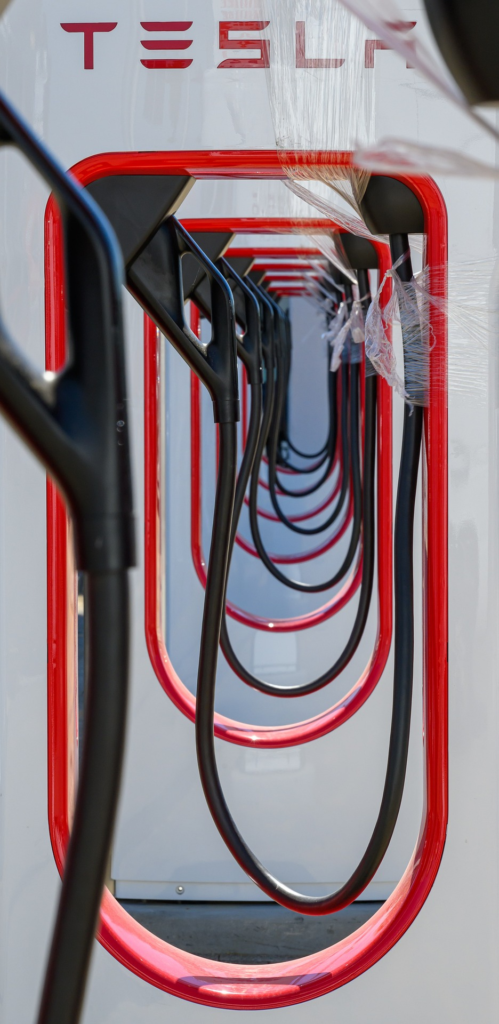Complete Statement: Imports Of Electrical Vehicles
Imports of electric vehicles (EVs) to Sri Lanka is a big step towards sustainable transportation and environmental conservation. With the nation trying to rely less on fossil fuels and tackle air pollution head on, EVs are a more eco-friendly option to consider. The insatiable demand for these electric machines, notwithstanding the high cost of battery packs and insufficient charging infrastructure, however, is a testament to Sri Lanka’s commitment to a greener and significantly more energy-efficient future.
Imports of Electric Vehicles in Sri Lanka
The global push towards sustainable energy solutions has made electric vehicles (EVs) a key focus in transportation. Sri Lanka, a country keen on reducing its carbon footprint and achieving energy independence, has gradually embraced this shift. However, the journey toward widespread adoption of electric vehicles in the country is shaped by unique challenges and opportunities.

The Growing Need for Electric Vehicles in Sri Lanka
Sri Lanka’s reliance on imported fossil fuels has long been a concern, impacting the nation’s economy and contributing to environmental issues such as air pollution and greenhouse gas emissions. Electric vehicles offer a sustainable alternative, utilizing cleaner energy sources that can be locally harnessed, such as solar and wind power. As the world transitions to greener technologies, EVs present an opportunity for Sri Lanka to reduce its dependence on fossil fuels while addressing climate change.

Imports Of Electrical Vehicles
Government Policies and Initiatives
While the government has expressed interest in promoting electric mobility, certain economic constraints have delayed a full-scale transition. A significant hurdle has been the ban on vehicle imports, implemented to conserve foreign exchange reserves and prioritize essential goods. However, exceptions have been made, such as allowing a leading automobile assembly company to import electric vehicles and Plug-In Hybrid Electric Vehicles (PHEVs) in semi-knockdown (SKD) form. Such measures reflect a gradual but strategic shift toward enabling EV adoption in the country.
The government has also explored incentivizing electric vehicles by reducing taxes and import duties. These incentives aim to make EVs more affordable for consumers and encourage investments in charging infrastructure. Policies to promote the establishment of charging networks and subsidies for renewable energy sources further highlight the government’s commitment to fostering a supportive ecosystem for EVs.
Challenges in Importing and Adopting Electrical Vehicles In Sri Lanka
Despite these efforts, the EV market in Sri Lanka faces several challenges. The high upfront cost of electric vehicles remains a significant barrier for most consumers. Limited charging infrastructure is another major concern, as potential buyers are hesitant to invest in EVs without accessible and reliable charging facilities.
Additionally, the import process itself is complex and expensive due to tariffs, logistical costs, and the lack of foreign exchange reserves. These factors have slowed down the growth of the EV sector. Public awareness about the benefits of EVs and their long-term cost savings is also relatively low, further hindering widespread adoption.
Opportunities for Growth
Amid these challenges, there are numerous opportunities for growth in the EV sector. Developing local assembly and manufacturing capabilities could significantly reduce costs and dependence on imports. This approach would not only create jobs but also position Sri Lanka as a regional hub for electric vehicle production.
Investing in renewable energy projects to power EVs is another promising avenue. By aligning EV adoption with green energy initiatives, Sri Lanka can ensure that its transition to electric mobility remains environmentally sustainable. Partnerships with international organizations and private investors could also accelerate the development of charging infrastructure and technological advancements in the EV industry.
Conclusion:
The import of electric vehicles in Sri Lanka represents a critical step towards a cleaner and more sustainable future. While economic constraints and infrastructural limitations pose challenges, the growing global demand for EVs and advancements in green technology provide a clear path forward. With strategic policies, investments in infrastructure, and public awareness campaigns, Sri Lanka can overcome current obstacles and become a leader in sustainable transportation in the region.
By embracing electric mobility, Sri Lanka has the potential to reduce its carbon footprint, strengthen its energy security, and contribute to global efforts against climate change—paving the way for a greener, more prosperous future.



Pingback: Electrical Vehicles in Bhutan: A Fuel-Wasted Destination for Electric Vehicles - techmasteronline.com